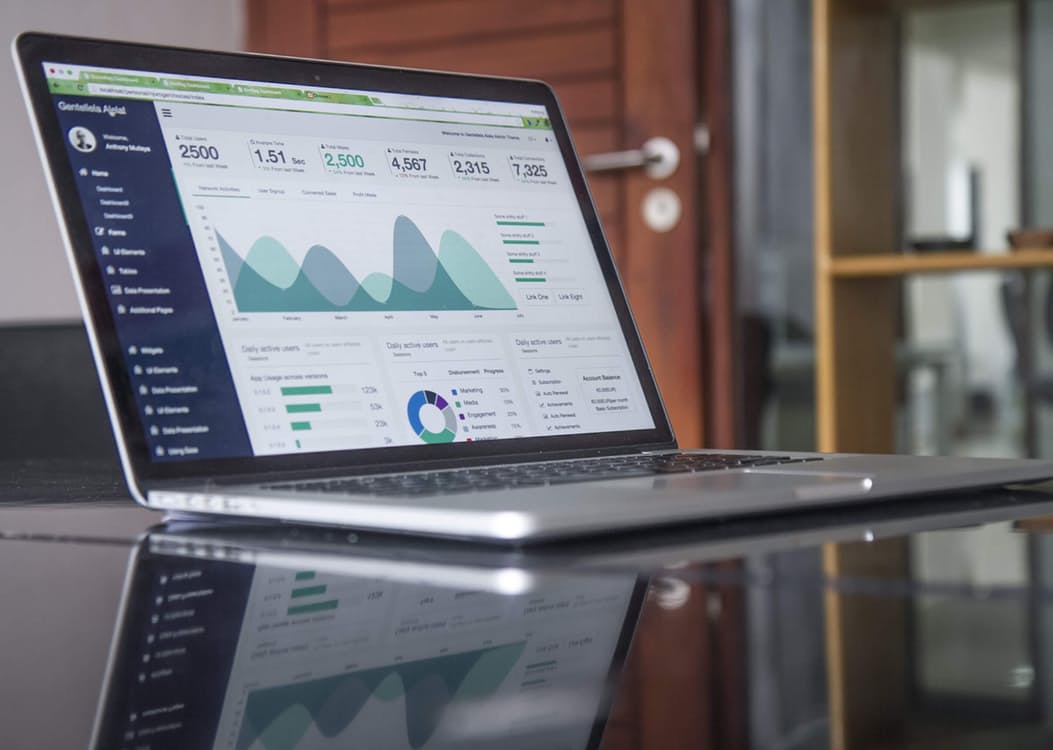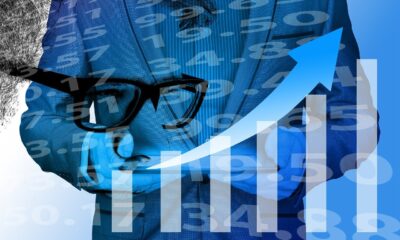Business
What is Big data and how it affects product development
Big data is the enormous amount of data sets that require specialized systems to analyze and interpret data to arrive at a data pattern.

Traditional product development begins with idea generation, idea implementation, and product development. It has multiple iterations until it is ready to be sent out in the market.
Statistics say that as much as 66% of products fail within the first two years and 96% of all innovations fail to return their cost of capital.
To add to it, changing technology has brought in more challenges to develop products. The complexity that arises due to the use of technology adds to the problem.
However, not all technologies hurt product development. In fact, among the few that have indeed been an addition to improve product development is big data.
What is big data
Big data is the enormous amount of data sets that require specialized systems to analyze and interpret data to arrive at a data pattern. An extension of data analytics, big data differs from data analytics since it takes large data sets that require advanced systems.
Use of Big Data in product development
Some industries use big data to make data-backed decisions that influence the strategy positively. The reason why big data is making the right noise is that:
• New product development involves substantial trial and error. Big data takes the guess work out and also helps develops products that are feasible through active management.
• If your Research & Development (R&D) team is struggling to arrive at the right conclusion, big data can zero in on the right data to be studied and also reduce the time spent on product development.
• Another advantage of big data is that it analyses information in real time thereby reducing the time devoted to analyzing large data sets. It, in turn, creates a cycle to take prompt decision making and escalate the speed from idea generation to product delivery.
• Companies in health are actively pursuing big data to reduce turnaround time in product development, fasten the pace of go-to-market and also assist R&D.
• Some big data tools used for big data analysis include predictive analysis, data mining, etc.
Companies using big data for product development
1. Macy’s
Macy’s is outperforming its competitors in product development for a reason, and that is big data. It has extensively invested in data and analytical decision making that involves email targeting, SEO, and personalisation.
It has separate teams that look into Customer Insights, Business Insights and Data Science and uses technologies like Hadoop, Impala to get detailed insights into consumer purchase preferences to understand the right product that will click with the users.
2. P&G
P&G is an FMCG company that has effectively used big data to get credible consumer insights. These ideas work across multiple sections like aggregating user data from multiple touch points across different brands and using real time data to get information from its regions across 80 countries. This helps in identifying the right products to be developed for the respective markets.
Another good example of big data in practice is P&G’s ‘consumer pulse’ initiative that analyses the reaction to social media comments and views thereby allowing for dynamic changes in market strategies.
3. Bank of America
With 50 million customers across different geographies, Bank of America has actively engaged its customers by integrating customer queries across different platforms using big data.
For example: if a customer searches for a home loan query online and leaves it incomplete the query is forwarded to the sales teams who then contact the customer via email to schedule a call to the bank. In this manner, customer queries are sorted by integrating the customer experience.
This helps to understand the relevant products that meet customers’ needs by narrowing the gap in expectation versus delivery.
These examples show that companies are looking beyond mere product delivery and are focusing on efficiencies to drive business results.
While every company might use big data to improve the internal capabilities, the scope of big data extends beyond data crunching.
In fact, the insights can help big data effectively build on consumer insights and help track the ways in which the most suitable, viable and relevant product can be delivered to the market.
Closing Thoughts
Embracing big data might not be an easy task depending on the scope of your business but the impact of big data cannot be sidelined.
In fact, using big data to improve your internal efficiencies, whether in manufacturing, research and development or employee performance, can help identify the exact issues that plague your business and also streamline them for a future ready business.
Have you used big data for your business? What has been your experience? Share it with us in the comments!
—
DISCLAIMER: This article expresses my own ideas and opinions. Any information I have shared are from sources that I believe to be reliable and accurate. I did not receive any financial compensation in writing this post, nor do I own any shares in any company I’ve mentioned. I encourage any reader to do their own diligent research first before making any investment decisions.

-

 Fintech1 week ago
Fintech1 week agoFintower Secures €1.5M Seed Funding to Transform Financial Planning
-

 Impact Investing2 weeks ago
Impact Investing2 weeks agoFIEE Sgr Enters Biomethane With Majority Stake in Spain’s Naturmet
-

 Impact Investing2 days ago
Impact Investing2 days agoBNP Paribas Delivers Record 2025 Results and Surpasses Sustainable Finance Targets
-

 Biotech1 week ago
Biotech1 week agoTwogee Biotech Advances Industrial Enzyme Solutions for Circular Production


























You must be logged in to post a comment Login